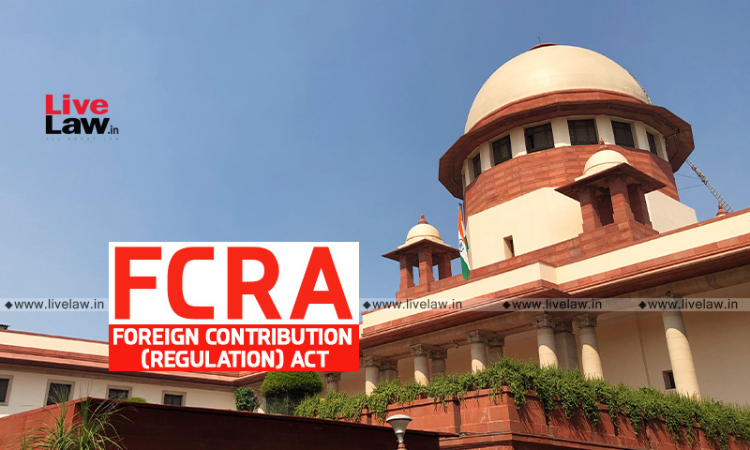The Supreme Court has agreed to hear a petition challenging the constitutional validity of Section 43 of the Foreign Contribution (Regulation) Act, 2010 (FCRA), which allows central government to appoint any agency, such as CBI, to investigate into matters of foreign contribution.The development comes as a bench of Justices MM Sundresh and Aravind Kumar recently granted leave in a plea filed...

